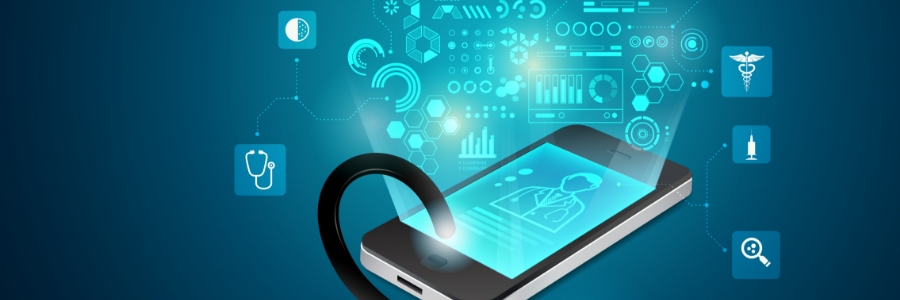The traditional reactive approach to healthcare — treating patients after they fall ill — is undergoing a profound shift. Today, because of big data, healthcare professionals have the power to be proactive: to anticipate and prevent illness before it takes hold.
Data-driven interventions: Preventing readmissions before they happen
Transforming healthcare: The pros of telemedicine

Imagine healthcare without walls or waiting rooms. Telemedicine is making this a reality. This article explores how virtual doctor visits and remote monitoring are changing the game. Think faster diagnoses, easier chronic care, and mental health support, all accessible from the comfort of your home.
The 4 essential factors of HIPAA and IT

To protect the sensitive information within medical records and the patients those records belong to, the US government passed the Health Insurance Portability and Accountability Act (HIPAA). HIPAA helps patients protect their privacy by ensuring their right to control access to their health records.
Transforming healthcare with mobile device management

Mobile devices have become essential tools for healthcare professionals, enabling them to access patient records, clinical guidelines, and other critical information from anywhere. However, the use of mobile devices also presents unique security challenges, as these devices are often easily lost or stolen, and mobile apps can be vulnerable to malware attacks.
AI is changing the healthcare industry
How technology is revolutionizing healthcare
Ways online scheduling can help healthcare organizations
Healthcare cybersecurity: 5 Strategies to protect against insider threats
How to ensure the security of IoT devices in healthcare

With the widespread implementation of the Internet of Things (IoT) in healthcare, security concerns that were previously not considered have suddenly become a reality. In 2022, attacks using malware increased by 38% compared to the previous year. This equates to 1410 attacks per week - something device vendors must pay close attention to.
How big data helps reduce hospital readmissions

Business intelligence (BI), or big data, involves analyzing large data sets to improve decision-making. This concept has been around for many years, and it has certainly benefited a sprawling industry like healthcare. One of the main reasons for this has to do with the Affordable Care Act, which penalizes hospitals for having high readmission rates.






